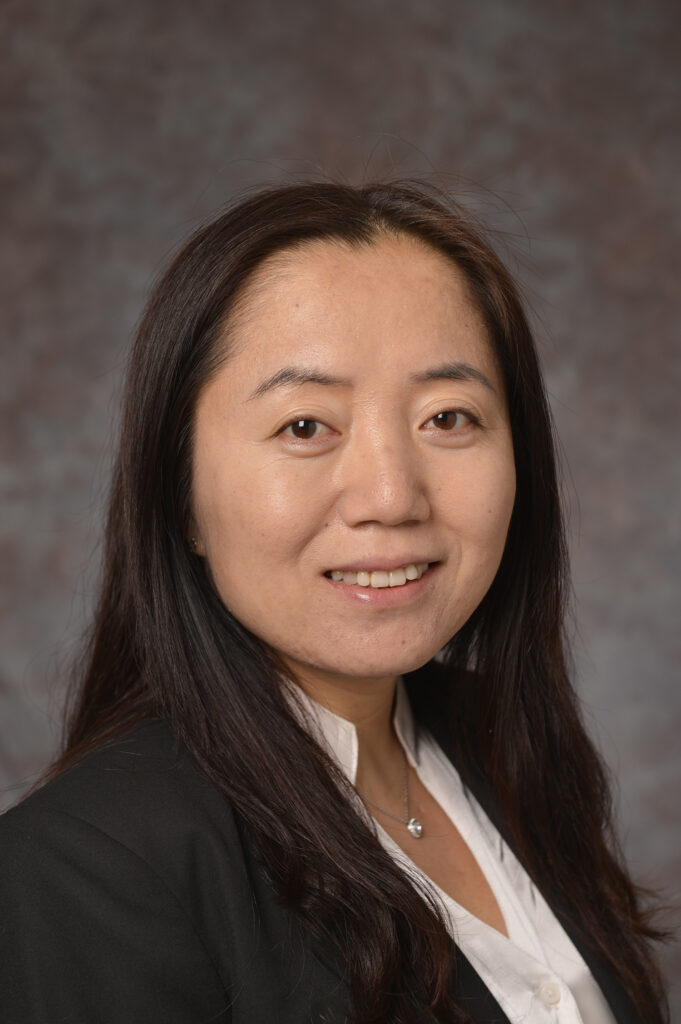March 11, 2022 11:00am
Zoom Meeting:
https://gatech.zoom.us/j/92868957681?pwd=c25WbytZSk1pUzMzZVA4MXE3Q0FEUT09
Meeting ID: 928 6895 7681
Passcode: 841672

Dr. Xiaoli Bai
Associate Professor
Department of Mechanical and Aerospace Engineering
Rutgers, The State University of New Jersey
Abstract
Since the launch of the first satellite (Sputnik 1) in 1957, humans have created a lot of objects in orbit around Earth. The estimated number of space objects larger than 10 cm is presently approaching 37,000, 1000000 between 1 and 10cm, and for objects smaller than 1cm the number exceeds 330 million. Both the number of space objects and the number of conflicts between these objects are increasing exponentially.
This talk overviews the research we have been pursuing on to address the challenges posed by the growth of space debris. We will first introduce the Modified Chebyshev-Picard Iteration (MCPI) Methods, which are a set of parallel-structured methods for solution of initial value problems and boundary value problems. The MCPI methods have been recommended as the “promising and parallelizable method for orbit propagation” by the National Research Council. The talk will then highlight our recent results to develop a physics-based learning approach to predict space objects’ trajectories with higher accuracy and higher reliability than those of the current methods. Last, we will present our research in autonomous, performance-driven, and online trajectory planning and tracking of space robotics for space debris removal with the goal to solve the problem in real time.
Biography
Dr. Xiaoli Bai is an Associate Professor in the department of Mechanical and Aerospace Engineering at Rutgers, The State University of New Jersey. She obtained her PhD degree of Aerospace Engineering from Texas A&M University. Her current research interests include astrodynamics and Space Situational Awareness; spacecraft guidance, control, and space robotics; and Unmanned Aerial Vehicle navigation and control. She was an Associate Fellow for the Class of 2021 in the American Institute of Aeronautics and Astronautics (AIAA), a recipient of the 2019 NASA Early Career Faculty award, The 2016 Air Force Office of Scientific Research Young Investigator Research Program award, Outstanding Young Aerospace Engineer Award from Texas A&M University in 2018, A. Water Tyson Assistant Professor Award from Rutgers in 2018, and Amelia Earhart Fellowship.